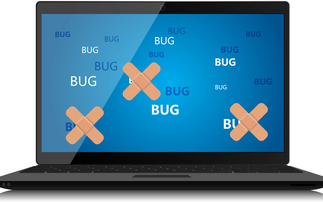Engineering and Physical Sciences Research Council looks to help protect against increasing risk of cyber criminals targeting smartphones
Research teams across four UK universities have been given shares of £3m in funding by Engineering and Physical Sciences Research Council (EPSRC) to help counter the threat of malware distributed t...
To continue reading this article...
Join Computing
- Unlimited access to real-time news, analysis and opinion from the technology industry
- Receive important and breaking news in our daily newsletter
- Be the first to hear about our events and awards programmes
- Join live member only interviews with IT leaders at the ‘IT Lounge’; your chance to ask your burning tech questions and have them answered
- Access to the Computing Delta hub providing market intelligence and research
- Receive our members-only newsletter with exclusive opinion pieces from senior IT Leaders






















